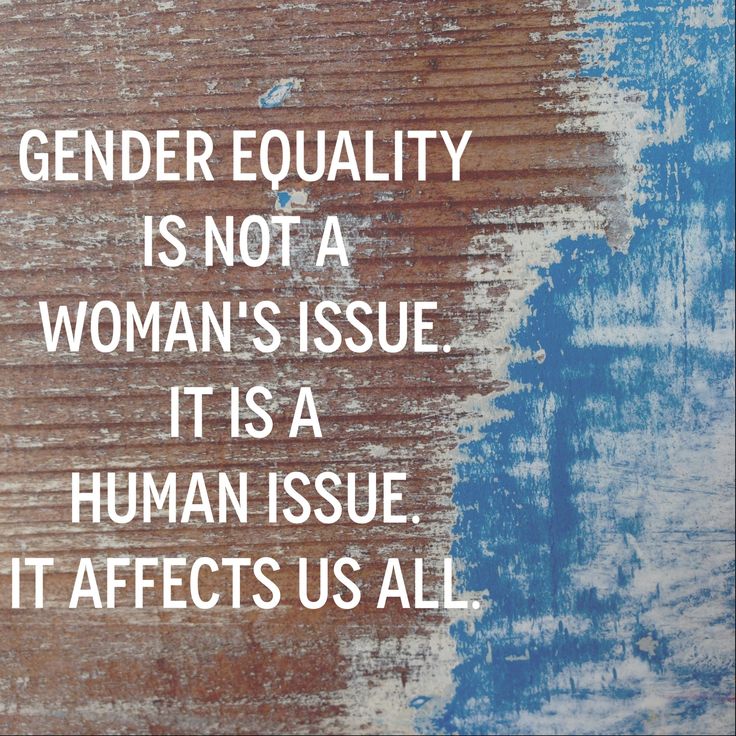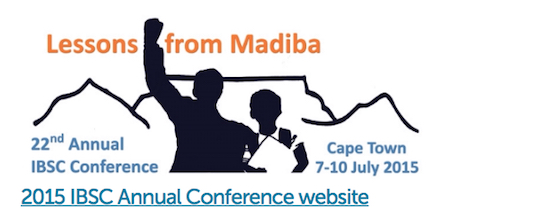
Abolishing single-sex education would not end gender stereotyping
An opinion article written by Barbara Ennis* in The Irish Times, Wed, Feb 7, 2018.
This may appear like a strange thing to say as principal of an all-girls’ school, but I’ll be honest: on the surface the idea of abolishing single-sex education might seem like a sensible one. After all, we’ve just emerged from a year in which the Time magazine people of the year were the women of the #MeToo movement, and breaking down the barriers between the sexes during the most formative years of schooling would appear to be a positive step.
If nothing else, given the stories that have dominated the headlines over recent months, it’s certainly a timely argument.
I’ve certainly been thinking about it over recent weeks since Labour Senator Aodhán Ó Riordáin made a (very) public case for such a move, arguing that “it is time for us to genuinely re-evaluate the justification, if any, of segregating our children along gender lines in so many of our nation’s schools”.
It is right that we need a debate, but not on the merits (or otherwise) of single-sex education – rather we need to discuss what our schools can do to better prepare our young people for the world into which they emerge when they complete their schooling.
Abolishing single-sex schools would be a dramatic but incredibly superficial change that would ultimately fix absolutely nothing; a hamfisted amputation where microsurgery is needed.
At the core of the argument for abolition is the claim that single-sex schools lead to gender stereotyping, restrict subject choice and are a manufactured educational setting that has no relevance in the modern world.
But this is to miss the point. Schools are, by their very nature, manufactured settings. They are not easily, or glibly, defined microcosms of society: they are social constructs where young people are brought together for the purpose of education.
Self-confidence
In this context there are various areas that all secondary schools can engage with to prepare teenage boys and girls for a world that is less bound by sexual and other forms of harassment.
These include developing self-confidence in students, and teaching them precisely what harassment is through strategic use of literary texts, music, the spoken word, drama and film.
The provision of a forum, be it via school plays or role-play sessions, that teaches students how to recognise varying forms of harassment – as well as empowering students to name and shame it, “out” it and not to tolerate it – is crucial.
Offering the old-fashioned gender stereotyped subjects to students should be avoided.
Examining the power dynamics within social groupings in schools, and highlighting which behaviours should not be allowed to take hold, is essential.
Assisting teenage boys to stop underperforming academically is also critical, as is banishing coyness or euphemisms during the discussion of difficult topics.
Finally, talking is key to solving, or resolving, every issue that affects the development of students.
In other words, open dialogue, unveiling through debate and bringing everything above the line are what needs to be done in our schools – let nothing hide its head below the parapet.
All of these are fundamental. All are crucial. And all are overdue.
Courageous
Frankly, we need to be courageous – as much as we can be. Schools are important learning grounds for the wrong types of social behaviour: boys are often encouraged by their peer groups to be loutish, and girls to be submissive and compliant.
Anything our young men and women want to see is three clicks or swipes away on their smartphones – this happens in single-sex and co-educational schools alike.
But it is not the gender construct of the schools that needs debate. It is the hidden curriculum of schools that does, where much of the damage can be done – and how we can foster these intricately manufactured environments to build and deliver a better, more equal, society.
To place our focus anywhere else would be a great disservice to our young people, and, ultimately. to our future society.
It’s easy to fall into the trap of believing that one simple drastic change, such as abolishing single-sex schools, could function as a silver bullet and fix these issues in one fell swoop.
As I said, it almost looks like a good idea – or at very least a worthy debate – on the surface. However, this issue runs far deeper than on the surface. And until we recognise that, and start addressing it accordingly, we won’t begin to see the change we so desperately need.
*Barbara Ennis is Principal in Alexandra College, Milltown, Dublin.



